No, boron is a nonmetal and its simplest oxide,
B2O3, is exclusively an acidic oxide.
The supposed reaction between B2O3 and HCl as shown by you takes place spontaneously only in the reverse direction as given below.
BCl3 + 3H2O = H3BO3 + 6HCl
BCl3 is readily and completely hydrolysed by water to boric acid and HCl, and there is no possibility of any reaction between B2O3 and HCl in normal circumstances.
While moving down the group, acidic strength decreases and basic strength increases.
The acidic character of oxides of group 13 decreases down the group, because non-metallic character of elements decreases down the group and metallic character increases.
And we know that oxides of metals are basic in nature and oxides of non-metals are acidic in nature. So acidic character of oxides of group 13 decreases down the group.
For example boron (1st element of group 13) is non-metal, so its oxide is acidic.
Aluminum (2nd element of group 13) shows characteristics of both metal and non-metal, so its oxide shows amphoteric nature.
As we go down the group, indium and thalium (4th and 5th element of group 13) show metallic properties, so their oxides are basic.
Resource from: https://www.quora.com/Is-B2O3-Amphoteric

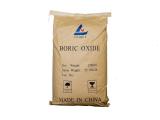 Electronic Grade Anhydrous Boric Acid
Boron oxide powder with the purity 99% MIN and 60-200 mesh mainly used in the chemical lab as reagents and electronic industry. View More
Electronic Grade Anhydrous Boric Acid
Boron oxide powder with the purity 99% MIN and 60-200 mesh mainly used in the chemical lab as reagents and electronic industry. View More Premium Grade Boron Oxide CAS NO 1303-86-2
Boric oxide powder with the purity 98.8%MIN and 60-200 mesh mainly used in the glass, ceramics, refractory raw materials, catalysts for chemical processing and chemical agent. View More
Premium Grade Boron Oxide CAS NO 1303-86-2
Boric oxide powder with the purity 98.8%MIN and 60-200 mesh mainly used in the glass, ceramics, refractory raw materials, catalysts for chemical processing and chemical agent. View More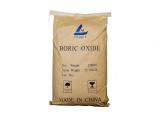 Industry Grade Anhydrous Boric Acid Einecs NO 215-125-8
Boron trioxide powder with the purity 98%MIN and 60-200mesh mainly used in alloy steel industry. View More
Industry Grade Anhydrous Boric Acid Einecs NO 215-125-8
Boron trioxide powder with the purity 98%MIN and 60-200mesh mainly used in alloy steel industry. View More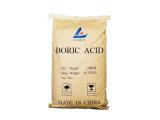 Boric Acid
Boric acid used in the quality borosilicate glassmaking and optical glassmaking, glaze for metal surface in porcelain enamel industry and seves as flus in alloy welding. View More
Boric Acid
Boric acid used in the quality borosilicate glassmaking and optical glassmaking, glaze for metal surface in porcelain enamel industry and seves as flus in alloy welding. View More English
English  中文
中文  한국어
한국어  Español
Español 


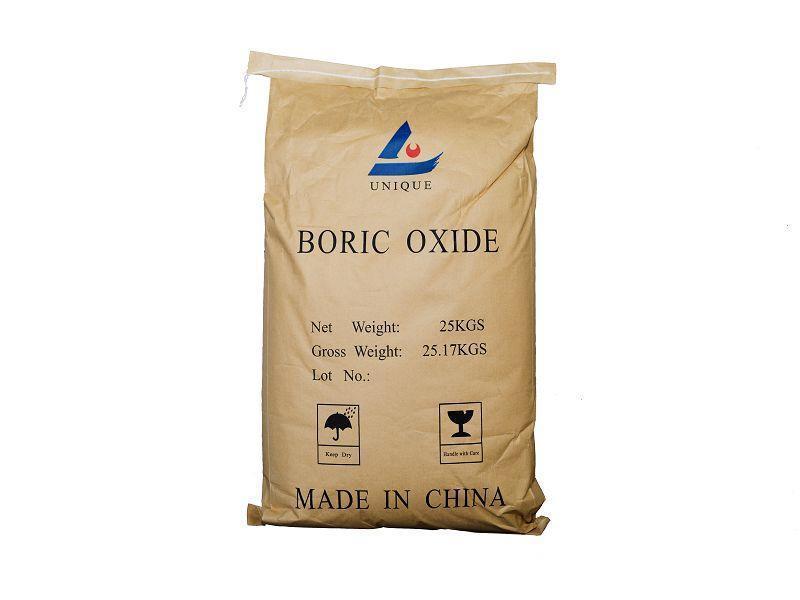
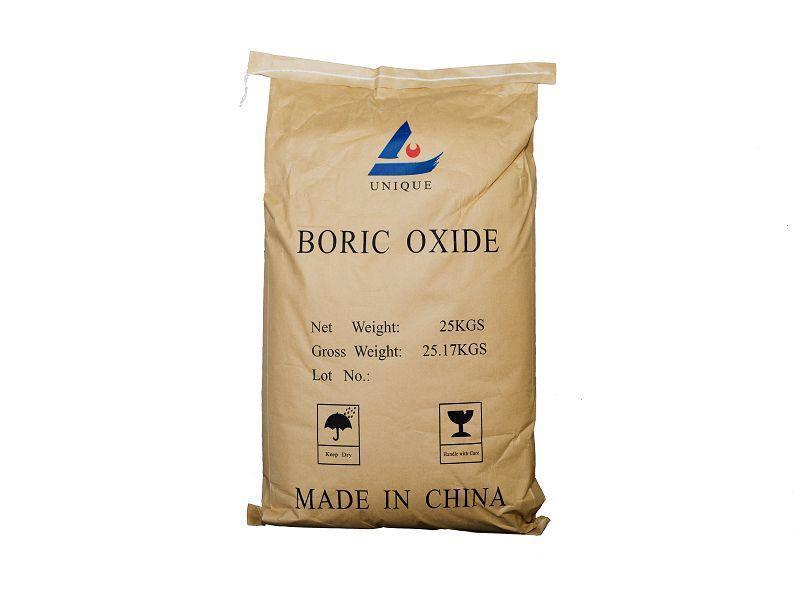
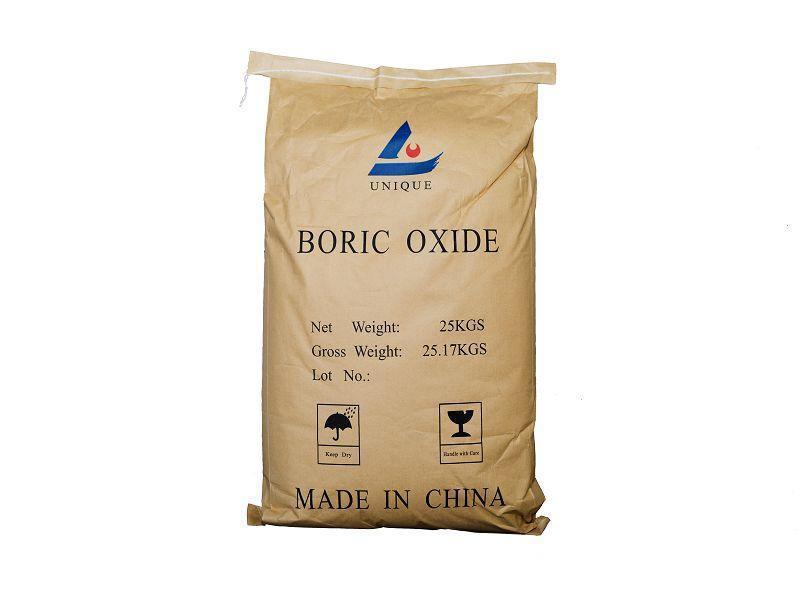
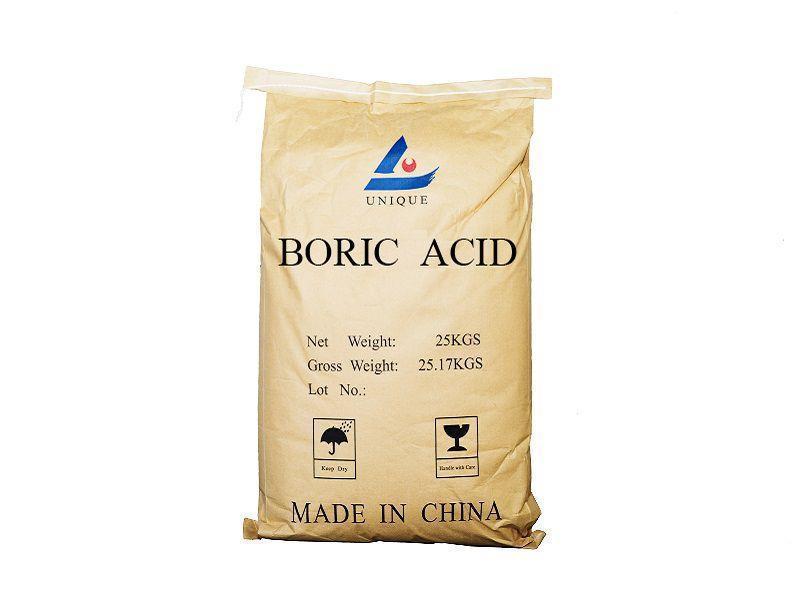



 +86-29-88238008 / 88238009
+86-29-88238008 / 88238009 
 1703# B Building West Electronic Zone New and High-Tech Industrial Development Zone, Yanta District, Xi'an, China.
1703# B Building West Electronic Zone New and High-Tech Industrial Development Zone, Yanta District, Xi'an, China.  +86-29-88238008 / 88238009
+86-29-88238008 / 88238009 
 1703# B Building West Electronic Zone New and High-Tech Industrial Development Zone, Yanta District, Xi'an, China.
1703# B Building West Electronic Zone New and High-Tech Industrial Development Zone, Yanta District, Xi'an, China.